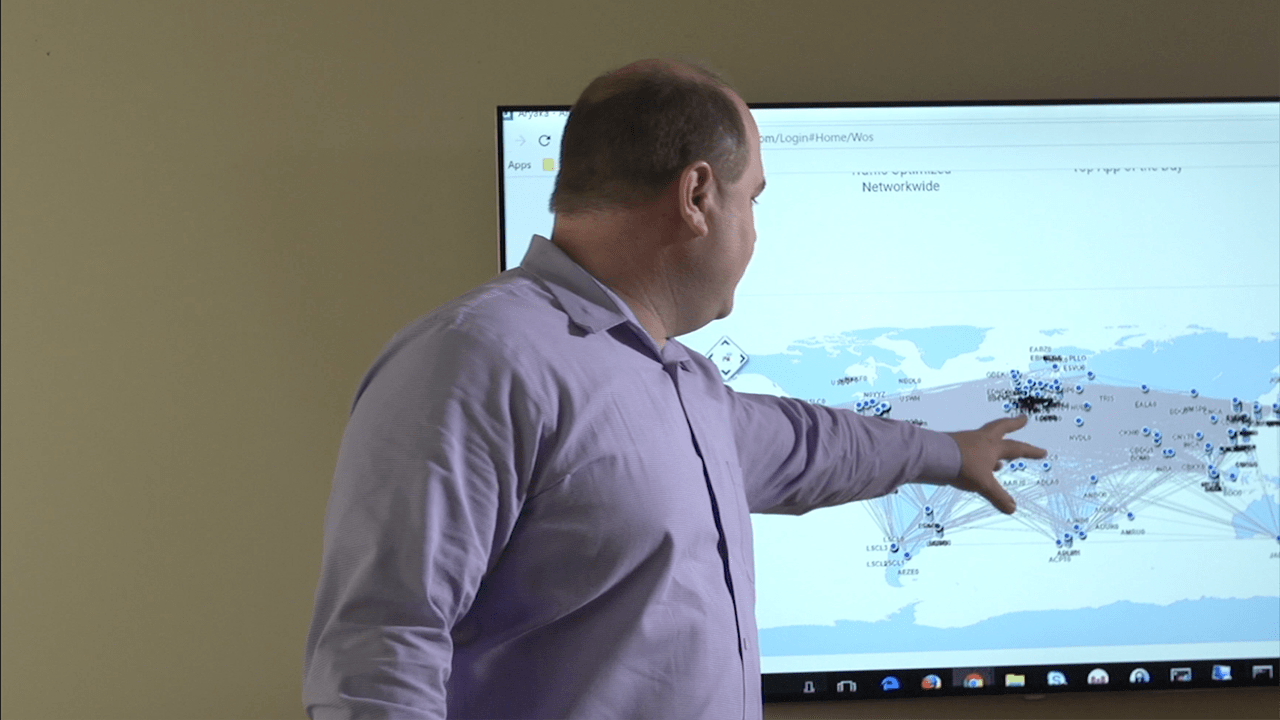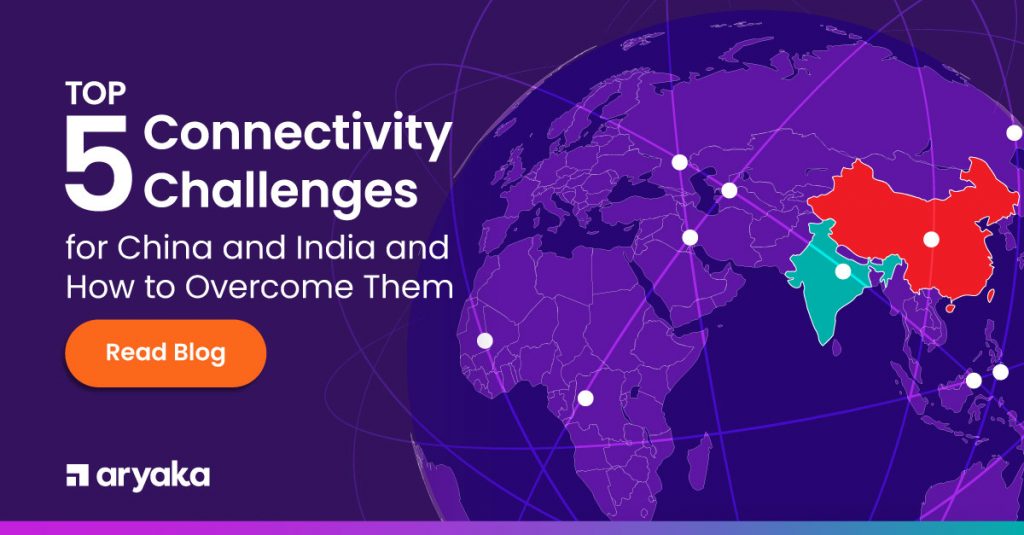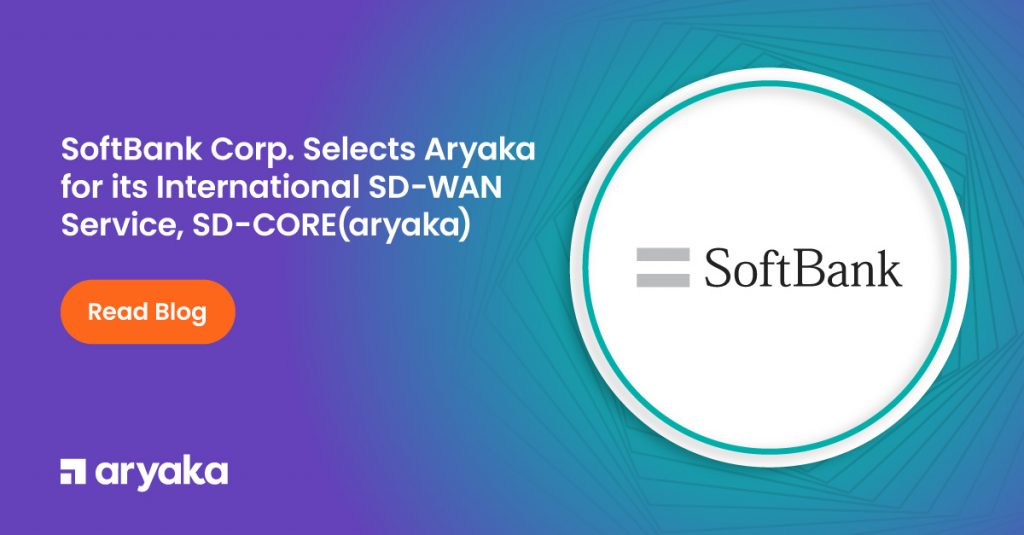Chemical Company Solves Knotty Network Problem with a Global SD-WAN Service

Platform Specialty Products (PSP), now Element Solutions, grew through acquisition and the process left the company with a global network pieced together with inherited parts that was complex, hard to manage and had begun to limit options for further growth. CIO Dustin Collins knew the company had to bite the bullet and start from scratch.
A diversified producer of high technology specialty chemical products and a provider of technical services, Element Solutions has locations and customers around the world, many in emerging markets.
Various mergers and acquisitions left the company with a mix of domestic and international MPLS services from multiple providers, along with Internet-based site-to-site VPNs, and routing among locations was complicated, expensive and slow.
“Users complained about poor performance in developed locations and even worse performance in emerging markets,” Collins says. “And our network architecture was too complex to meet the business needs around acquiring new companies. We grew to the size that we needed to find a better way.”
Further complicating matters, the company had decided to adopt a cloud-first strategy, meaning more and more network traffic would need to route out to cloud resources, something MPLS cannot easily accommodate.
“A company that wants to be aggressive in moving to the cloud is restricted by MPLS’s inability to deliver more than traditional workloads on-premises,” Collins said. “Those networks have been designed for limited Internet breakouts because of security, and now must be changed overnight to support both the security needs for on-premises workloads and the accessibility needs for cloud workloads.”
Weighing the options
While the company considered simply employing more Internet trunks, application performance suffers over international links due to congestion, packet loss and jitter, and, Collins says, introduces too many security risks. Element Solutions also considered using MPLS and WAN optimization hardware, but ultimately decided MPLS is a legacy product that wasn’t cost efficient or flexible enough to meet the company’s rapidly evolving needs.
“Essentially, we wanted a network that’s MPLS carrier-grade, but without the restrictions,” Collins says.

The company’s search ultimately led it to Aryaka’s global managed SD-WAN delivered as a service over a private Layer 2 mesh network that interconnects 30 global points of presence. Customers tie their sites to these POPs using short, dedicated Internet links and from there the traffic is optimized using patented technology and accelerated across Aryaka’s managed SD-WAN to anywhere in the world, including any cloud supplier.
“They were the only provider that owned the middle mile,” Collins says. “Many optimization providers offer hardware that is complementary to MPLS – but Aryaka is a one-stop shop.”
Rapid deployment
The result is high performance at a reasonable cost and the ability to make network changes in a fraction of the time traditional approaches require. In Element Solutions case, once the decision was made to go with Aryaka, “We rolled out 190 sites in four months – a move that would have taken us 12 to 18 months with a traditional provider.”
Three months after migrating to Aryaka, Element Solutions terminated its legacy network contracts, which Collins says more than paid for its Aryaka investment. “We save approximately $2-3M per year over a full MPLS solution,” he says.
On the performance front, file transfers are now 20 times faster, and the performance of normal transactions has improved by 5x. Stan Yarbrough, Senior Global Infrastructure Architect at Element Solutions says, “I have people in South Africa accessing resources in the US and they say it’s just like sitting in a data center.”
What’s more, Collins says, the performance improvements finally made it possible to create shared services for many functions across the company, a strategic business initiative that had been held back by the limitations of the legacy infrastructure.
Upper management has taken notice. “We have received good feedback, all the way from the Global CFO to the presidents of each business unit, in terms of the performance of the network and the perfect execution of what is normally a very disruptive type of project,” Collins says. “The fact that most people simply noticed by the next day things were just faster is a testament to how flawless the execution was for this project.”

“The best thing now is that we’ve built a partnership based on trust,” he says. “Aryaka values our business and the impact that their solution has had on it — and we, in turn, trust them to handle one of the most important components of our global systems architecture.”
To learn more, download the case study on Platform Specialty Products (now Element Solutions) here.







